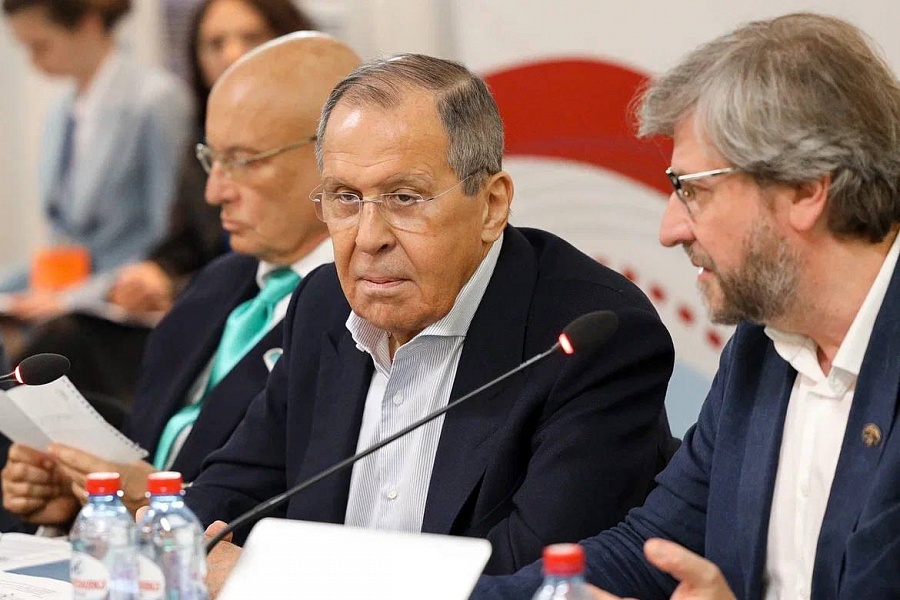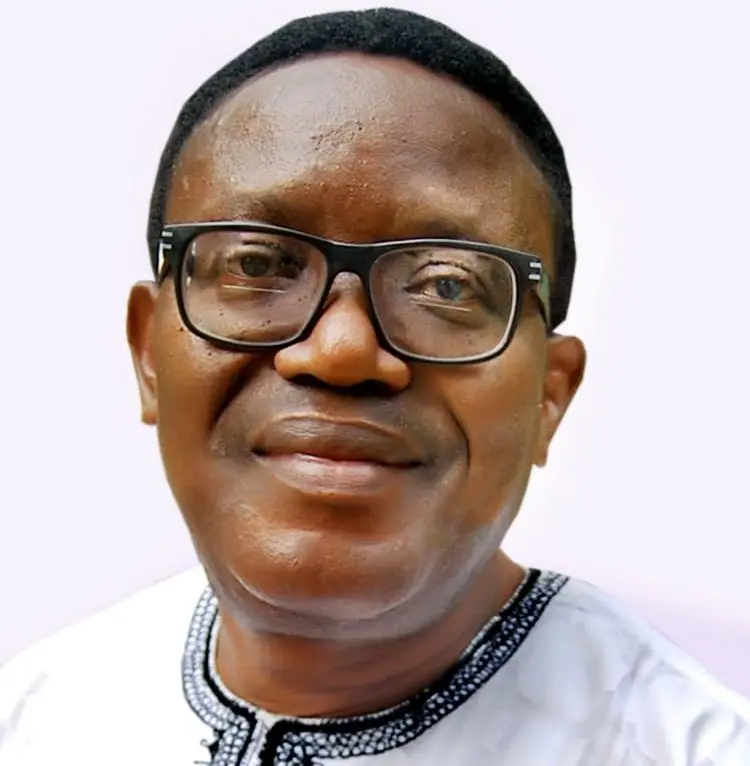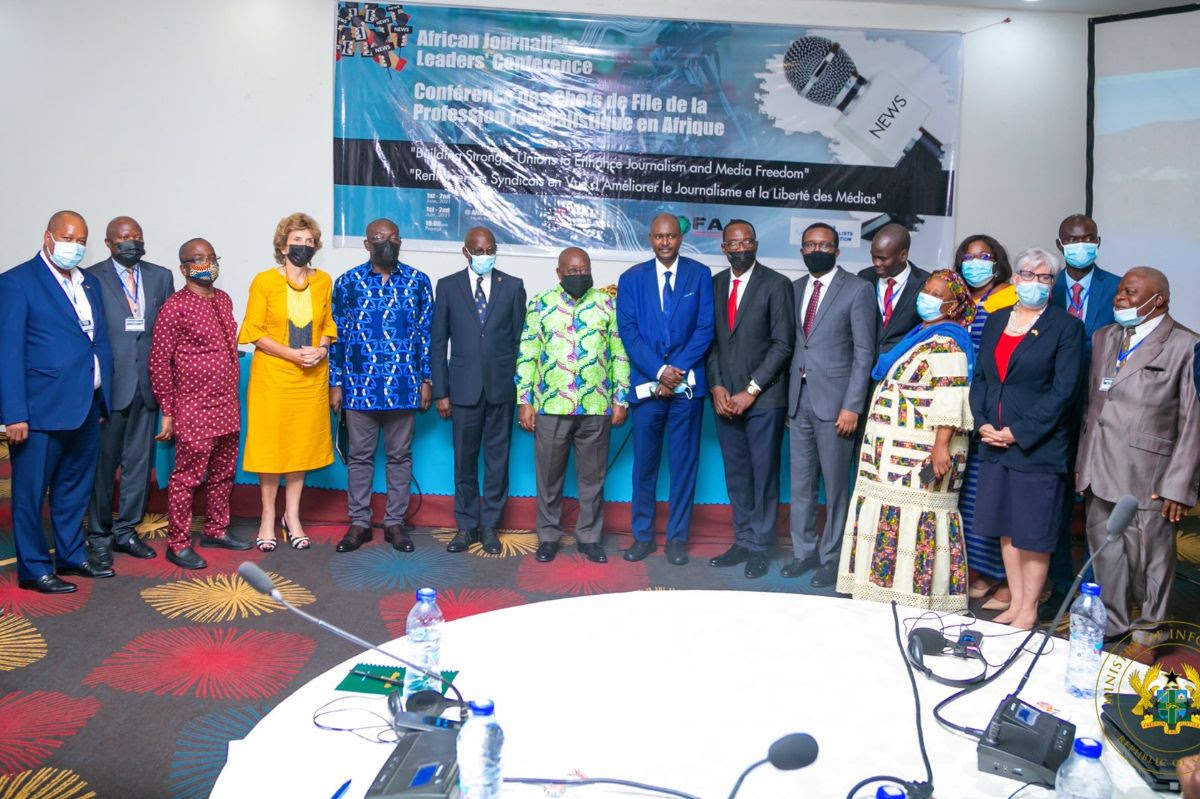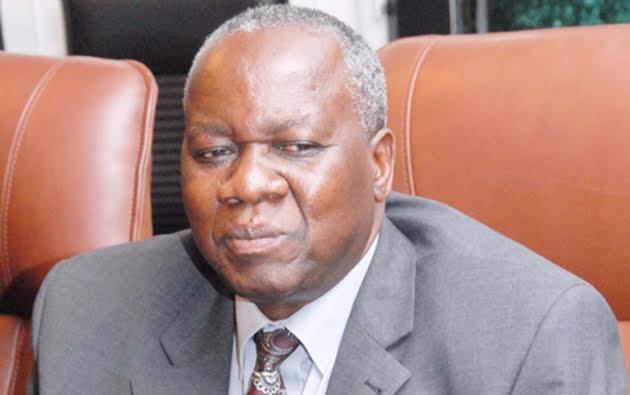
- EU, to our immense regret, had lost its independence and become fully dependent on the United States
Excerpts from Russian Foreign Minister Sergey Lavrov’s remarks at the 31st Assembly of the Council on Foreign and Defence Policy, May 20, 2023
We are now at the point of fierce confrontation with an aggressive bloc composed of the United States, the EU, and NATO, which has stated loudly and openly that its goal is to “defeat Russia on the battlefield.”
But it will not stop at that and will proceed until Russia is swept off the stage as a “geopolitical rival.” They will also “suppress” as a rival any other country aspiring to an independent status in the international line-up.

Look at the decisions the G7 has discussed and approved at its Hiroshima summit, decisions aimed at a double containment of Russia and the People’s Republic of China.
The Western expert community is openly discussing an “order” for Russian partition scenarios they have received. It is not being hidden that Russia’s existence as an independent centre is incompatible with the goal of attaining the West’s global domination.
It is clear that the United States is the power dominating the West. The new version of the Foreign Policy Concept of the Russian Federation uses the well-known term, the Anglo-Saxons, which has not been used in doctrinal documents until now and yet reflects the fact that the Anglo-Saxon World has established control over all of continental Europe, despite timid attempts on the part of certain politicians to invoke EU “strategic autonomy” from time to time.
The fate of continental Europe is shared by the other members of the collective West, including countries located in southeastern Asia.
If we take the global trends, the developments around Ukraine are accelerating the transition to a multipolar system of international relations. Washington made use of the Ukraine crisis to consolidate its camp. We see this. But this is more reminiscent of total submission to a centre that dictates its will.
But consolidation has taken place despite this. Simultaneously, however, a fault line has emerged between the collective West and the global majority, the countries of the Global South and East.
Not long ago, I was told that a representative of one EU country suggested in all seriousness during recent debates that they no longer make any use of the term Global South. As he explained, this sends the wrong signal that far from all nations are with the West and that it [the term] works for the interests of Russia and China.
That’s what the obsession with their grandeur and the urge to put down all alternative points of view has come to. It is clear that many Global South countries, if unwilling to defend their interests in an outspoken and resolute manner (although there are leaders like this, and more than a few), are ready to resist in practice, without making a big high-sounding statement, the West’s increasingly obtrusive and aggressive diktat that includes blackmail, threats, reprisals, sanctions and much more.
This fault line became clearly visible in April of this year, when Russia as the current president of the UN Security Council suggested discussing multilateralism and the defence of the principles of the UN Charter.
Our opponents fully “Ukrainised” the debate as they do at every other multilateral venue, including the G20. But their Russophobic zeal is causing a deep, if steadily growing, resentment among the Global majority.
Representatives of many South and East countries both in private and increasingly often in public complain of the West’s indifference to the vital problems of the African and Asian countries in need of additional support for their socioeconomic development programmes. This dissatisfaction showed in the discussions I have mentioned.
The West occasionally resorts to methods that are really hard to explain by anything other than the lack of medical “adjustments” to certain politicians. For example, they seriously claim that visiting Europe is a privilege rather than a right for Russians.
Statements like this are made by leaders of EU countries. Just recall manifestations of Russophobia with regard to citizens of Russia, Russian culture, literature and art, and in general the discriminatory approach to Russian compatriots in the area of education and much else.
I already said that the EU, to our immense regret, had lost its independence and become fully dependent on the United States. If we take analogies, the United States prides itself on being a “melting pot,” in which all emigrants, who can freely arrive from any part of the world (at least this was so in the past), are melted into Americans.
They have single values and they are ready to spread them all over the world through any method, occasionally not very delicate ones. Today, figuratively speaking, the theory and practice of the “melting pot” is being applied to other Western countries.
The example of Europe demonstrates that it is being melted into a state of political submission to the United States. This is being spread to other regions of the world, where everyone is forced to live by the rules dictated by the “golden billion.” This term, though without the word “golden” (“our billion”) figures in official G7 and EU documents.
Their highhandedness and obsession with their self-aggrandisement are leading international relations into a difficult situation. I don’t see any potential for compromise that will stall this transition from dictatorship to a multipolar world.
There certainly could be some pauses or breaks. But the current era is one of transition to multipolarity, where nations refuse to obey the hegemon. This historical era may be of a long duration. We have many allies in this work and struggle.
All of you see and describe our relations with the People’s Republic of China, India, the ASEAN countries, the Gulf states, Iran, Türkiye, the African Union, and the resuscitated Community of Latin American and Caribbean States. This one is getting a second wind after the elections in Brazil.
There are many other countries and associations. In the post-Soviet space, these include the Commonwealth of Independent States, the Collective Security Treaty Organisation and the Eurasian Economic Union.
There are many challenges; no point in side-stepping that. We see how relentlessly the West sends its emissaries all over the world, including to our immediate neighbours. It has no scruples and demands that they break off the majority if not all of their trade, economic and investment ties with Russia.
They hand them detailed lists of goods that cannot be exported to the Russian Federation. I am not exaggerating. Recently, a threesome (an American, a Brit, and an EU representative) was touring the Central Asian countries.
They are skilled at exploiting problems and challenges they themselves create for other countries in the expectation that these bring about some consequences in the short term.
But in the long run, they, mainly the Americans, are cutting the branch they’re sitting on, including what is going on inside the International Monetary Fund, as well as the role of the IMF, the World Bank, and the dollar in the world economy.
De-dollarisation is underway, both in practice and conceptually. Within BRICS, Brazil has suggested that its upcoming August summit consider how to protect its financial transactions and the New Development Bank from the negative influence of the still powerful dollar. Other initiatives in this vein have been advanced as well.
We have many allies and sympathisers. It is important to understand that we are not promoting hostility with anyone. But we have to respond in a firm, unflinching and consistent way to the war that has been declared on us.
Hostility is oozing from the opposite side of the barricade that separates those wishing to live by their own wits in the interests of their own countries and those wishing to live at the expense of other people.
(C) Russian Embassy, Gaborone









